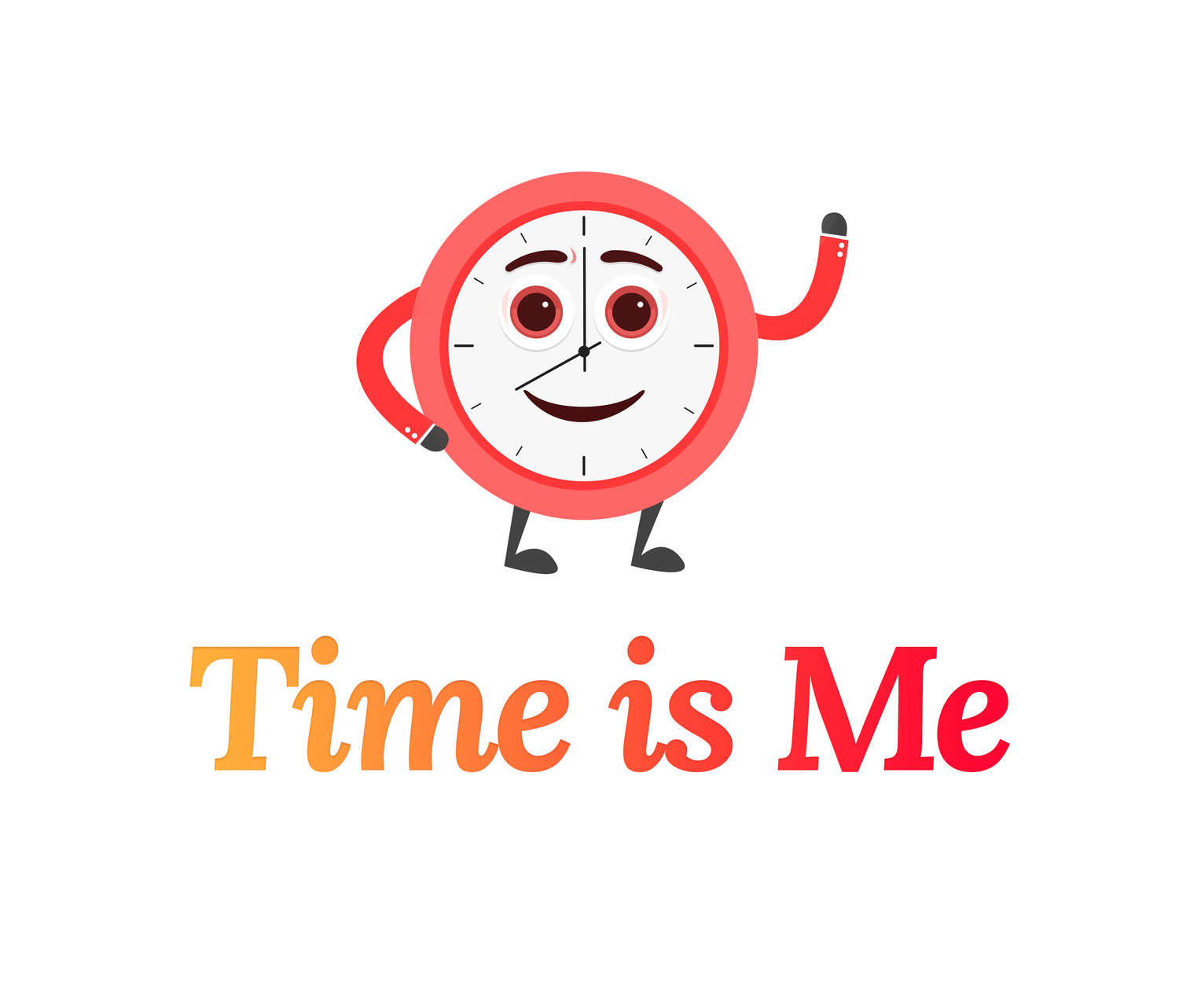We all have problems. We have problems of all kinds and varieties-some small, some large. Either way we want to find solutions to the problems that we come across. Just like the problems, the solutions may be simple or complex, or in steps. We need steps to solve the problems we have. We need to have priorities in order to solve the more complex problems and situations in our lives. We also need priorities in general for our schedules, budgets, goals, and to do lists. With a complex world and busy lives that we live, it is easy to have problems setting priorities or have them, but out of order. Below are just a few signs that we have priority problems.
- We don’t have any priorities. This is not as obvious as it sounds. There are times when we just don’t set priorities. We do whatever comes up at the moment or whatever we want to do at the time. This happens when there really isn’t anything much to do, which can happen at some time in anyone’s life. Also, it could happen if we are just busy and are running around putting fires out, dealing with emergencies, and possibly saving the world without any plan. Good luck with that.
- We have too many priorities. This is the opposite problem. We sit down and plan and we find out how busy we really are and make everything a priority! We have long to do lists with 100+ items on the priority list. Think that is extreme? It has happened to me before. I quickly realized that out of the 100+ priorities, there are only about 20 really good items that were true priorities at the moment. It all comes down to this: we can only do one thing at a time. So determining how you view priorities is important. This leads to my next point.
- We misdefine priorities. We fail to determine what an actual priority is. We may make something a priority that really isn’t. It may need to get done, even the same day, but is not the priority at the moment. There are many ways to view our priorities, whether it is on pen and paper, on a word document, in Excel, in a task management program like Nozbe or any of the other task/project management programs out there. Whichever method we do use, we need to develop a system to track actual priorities.
- We don’t actively monitor our priorities. The actual frequency will be best determined by you, depending on how much work you have to do and what kind of pace your to do items come in. In an environment with a lot of urgency, it is best to view priorities at least every day, probably more than once a day. In a more relaxed environment, maybe once a week is enough.
- We over monitor our priorities. When it comes to the point where determining our priorities is the top priority, then there is a problem. It is possible to get caught up in doing the priorities so perfect that we waste more time doing that than anything else. It is important that we don’t spend too much time setting priorities to the point that we lose time and end up not getting the priorities we are setting actually done!
There are all kinds of problems we can run into while trying to solve the problems. With practice and determination, we improve at picking our priorities and getting our tasks done in a way that is efficient and effective. Those are just a few pitfalls. Please let me know your thoughts and experiences with finding your top to dos of the moment.

